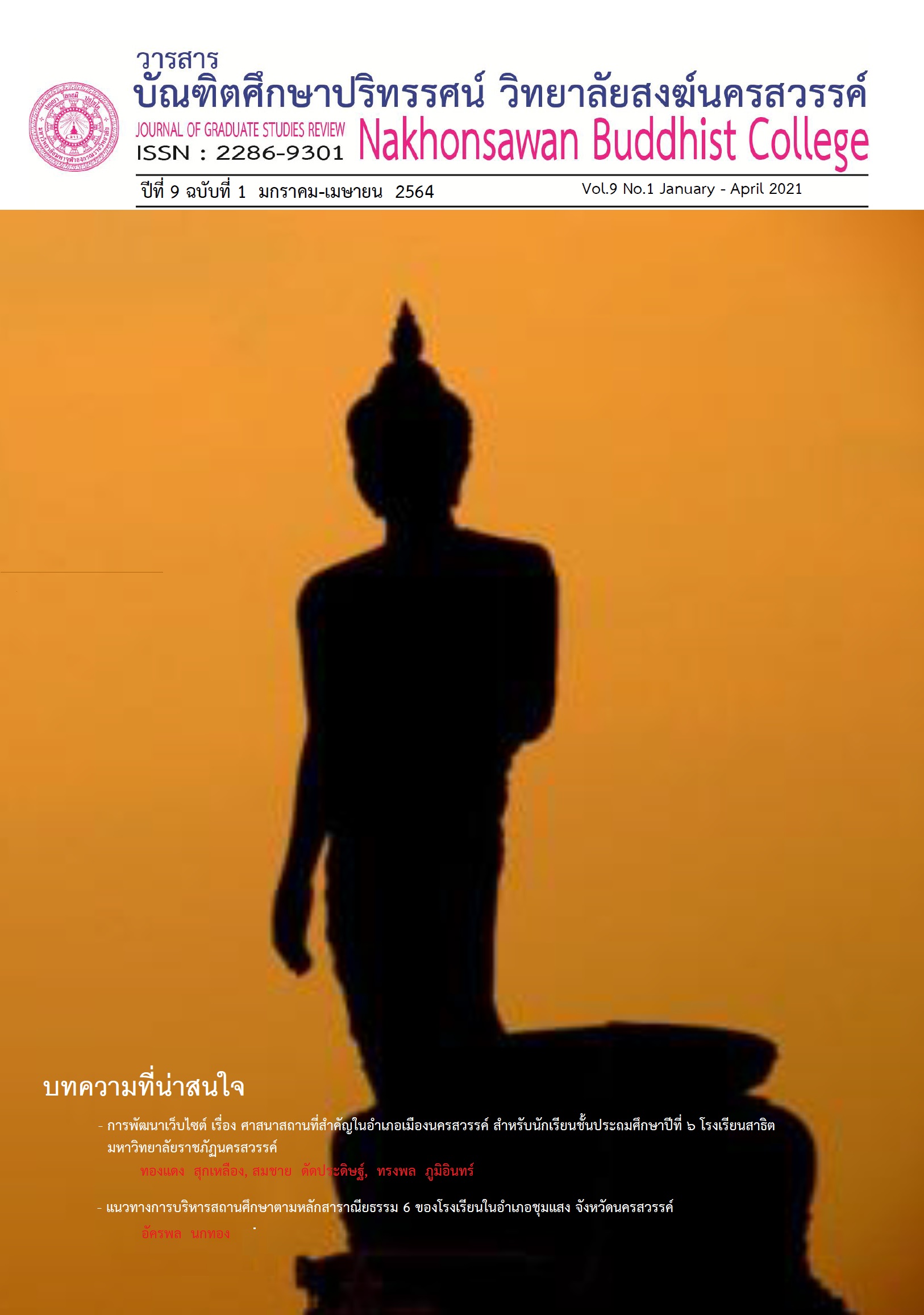Human Capital in Buddhist Philosophy
Main Article Content
Abstract
The concept of Human Capital is evident economic concepts. Since the classical period, it has been defined in the direction of human capital development to respond to the consumption demand of human that continuously increases while natural resources are limited. Buddhist Philosophy places great emphasis on human development, so the focus on capital is rarely evident. Through the lens of Buddhist philosophies, the development of human capital is based on the threefold Learning (Sikkha) in which is stimulated by the method of (Sammaditthi) (Right View). There are two important components of the external environment known as Paratoghasa is Kalyanamitta (having good friend) and the internal factor called Yonisomanasikara. These two parts of human capital can be developed towards the benefit (egotism), the Lokavisaya and the Lokuttara. Vision. The process begins with the study of Sikkha to have goodness in oneself and society (Adhisila-sikkha), training, critical thinking (Adhicitta-sikkha), followed by the study of problem solving (Adhipanna-sikkha).


